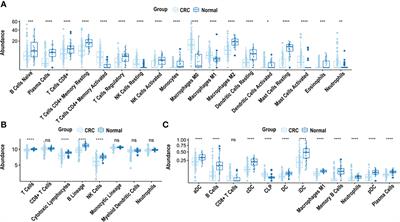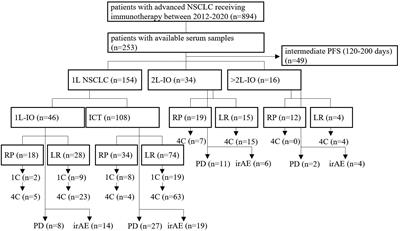EDITORIAL
Published on 03 Apr 2023
Editorial: Systemic immune dysregulation in malignant disease: Insights, monitoring and therapeutic exploitation

doi 10.3389/fonc.2023.1182081
- 855 views
- 1 citation
23k
Total downloads
74k
Total views and downloads
EDITORIAL
Published on 03 Apr 2023

ORIGINAL RESEARCH
Published on 08 Feb 2023

ORIGINAL RESEARCH
Published on 07 Nov 2022

ORIGINAL RESEARCH
Published on 31 Oct 2022

ORIGINAL RESEARCH
Published on 11 Oct 2022

ORIGINAL RESEARCH
Published on 11 Aug 2022

ORIGINAL RESEARCH
Published on 22 Jul 2022

ORIGINAL RESEARCH
Published on 30 Jun 2022

REVIEW
Published on 02 Jun 2022

ORIGINAL RESEARCH
Published on 25 Jan 2022

ORIGINAL RESEARCH
Published on 18 Jan 2022

ORIGINAL RESEARCH
Published on 03 Jan 2022

